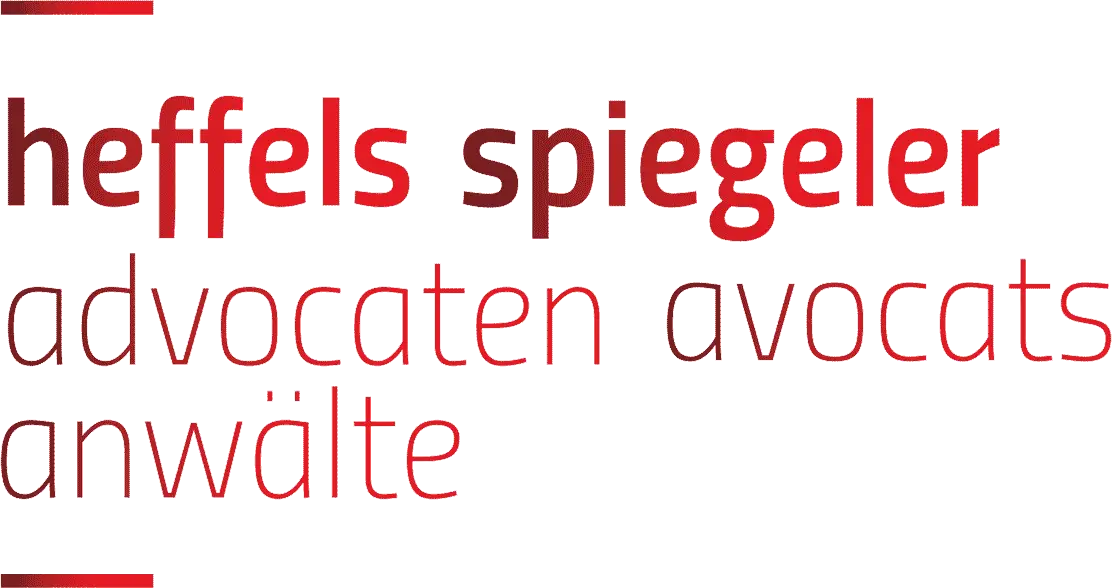
In France a new bill has recently been introduced. Loi PACTE or Projet de loi de croissance et transformation des entreprises (Action Plan for Business Growth and Transformation) is a text composed of nearly 200 articles aimed at reforming several economic areas. The draft law was initiated by the Minister of the Economy Bruno Le Maire and was introduced to the National Assembly on 19 June 2018.
Pursuant to article 45 of the French Constitution and parliamentary procedure, the latter was therefore examined by the National Assembly and the Senate. Following debates between the National Assembly and the Senate in accordance with parliamentary procedure, the bill was finally voted on and adopted by the National Assembly on April 11.
But what features will this law contain?
Today, the French government wants to reform certain economic areas and among the objectives: better growth for companies, devoting a major place to innovation or even the relaxation of pension savings measures.
Many areas could be impacted, but among the objectives targeted by the text there will be: 1. reforms to focus on innovation;
2. a simpler business creation procedure;
3. other measures for business creation and/or transformation;
4. but also provisions for life insurance;
5. and even retirement savings are proposed.
In terms of business and entrepreneurship
First of all, one of the first components of the PACTE law concerns improving the performance of very small businesses of no more than 10 employees and French small and medium-sized enterprises, and in particular, enabling them to become more internationally-oriented. In addition to these measures, Bruno Le Maire also indicated that “the objective is to also ensure that employees are more involved in the company’s operations”.
In order to promote efficiency and speed, the provisions plan to setup the possibility to create companies through online platforms. However, physical personnel will continue to be provided under the existing centers so that entrepreneurs who so wish can receive assistance with the formalities related to the business start-up procedure.
Currently, there are several business registries that exist in different cities in France, and their lack of harmonization creates a certain complexity for entrepreneurs. The PACTE law therefore provides for a general registry that makes it possible to concentrate all information relating to companies onto its registry. Access to information will also be provided through a single online platform. In addition, online press services such as legal and judicial announcements will have to provide a single flat-rate for any publication; the average rate for a publication in the newspaper of legal announcements following the creation of a company is currently at 200 euros.
In addition, in order to reduce the constraints and burdens on companies, the standards for legal certification of accounts by a statutory auditor (CAC) will be increased. In fact, it should be mandatory as soon as two of the following conditions are met:
– The balance sheet is greater than or equal to €4 million
– The turnover excluding VAT is greater than or equal to 8 million euros
– The workforce greater than or equal to 50 people
The harmonization of legal certification thresholds will be introduced in order to eliminate costs of around €5,500 and also to allow SMEs to further grow and develop. It is also necessary to indicate another measure provided for by the law concerning CACs, and in particular with regards to other tasks that may be conferred on them.
On another aspect is that the PACTE law also covers payments from public purchasers to SMEs as well as payment delays. In fact, advances on these payments will be at least 20%, procedures can be further simplified and the average payment term of 68 days will be considerably reduced in order to improve companies’ cash flow.
The Law also provides for a reduction in the time limits for judicial liquidation, which grants a second chance for entrepreneurs. So in order to enable entrepreneurs to benefit from a new professional activity in the event that a collective procedure is launched against the company, the relative time limits would be reduced. The simplified judicial liquidation will therefore make it possible to close the procedure within 6 to 9 months for companies with one employee and less than 300 000 euros in turnover, and within 12 to 15 months for companies with less than 5 employees and less than 750 000 euros in turnover. In addition, the professional recovery procedure will make it possible to wipe out the debts of companies with no employees and less than €5,000 in assets.
The simplification of staffing thresholds is also a key measure of the PACTE law. In fact, a more business-friendly method of calculating the number of employees will be favored as established by the Social Security Code. Thus, the thresholds of 10, 20 (except the the obligation to employ disabled workers), 25, 100, 150 and 200 employees may be deleted. Only the thresholds of 11, 50 and 250 employees will be maintained. However, the workforce thresholds resulting from the reform of the Labour Code will not be impacted.
Rethinking the company’s corporate purpose, and in particular, giving a central place to corporate social responsibility shapes part of the reforms provided for in the text. To this end, on the one hand, an amendment to Article 1833 of the Civil Code is requested in order to make the following clarification: “the company must be managed in its own interest by taking into account the social and environmental issues of its activity”. On the other hand, the amendment of article 1835 of the same code is also requested in order to indicate that “the corporate purpose may specify the raison d’être of the incorporated company”. The French Commercial Code would also be concerned because boards of directors and supervisors could be given the task of “developing a raison d’être”. In addition, certain provisions will impact on the privatization of certain public companies.
Privatization of public companies and investment in innovation
The French government made its decision to make some transfers of public shareholdings. Thus, ADP (Aéroports de Paris), ENGIE or even La Française des Jeux could be impacted and privatized. Some investors who so wish may also invest in part of the capital of these companies sold by the State.
The funds raised must be invested so called innovation. According to initial estimates, nearly 15 billion euros will be collected and invested in the Breakthrough Innovation Fund.
Indeed, one of the flagship projects of the PACTE law is to prepare for the future and to give a significant place to technologies. To enable investment in innovation, on 15 January 2018 a “Breakthrough Innovation Fund” or called “Innovation and Industry Fund” consisting of 10 billion euros was set up. In addition, an Innovation Council would be set up to manage the financing of projects and administer the Fund’s budgets. However, the PACTE law also aims to make patent rules more accessible to SMEs.
Better access to industrial property
It was also noted that, of the patents filed, 57% came from large groups, while among SMEs, only 21% were involved in the filing procedure. In comparison, this is four times less than German SMEs. To remedy this and to allow better accessibility for SMEs, it would be possible to make a provisional patent application limited to 12 months but also to file an opposition before the INPI without necessarily initiating legal proceedings, without finally forgetting that the utility certificate could be increased from 6 to 10 years.
Life insurance and retirement savings
Less than a quarter of the income invested in life insurance by the French is invested in equities and the returns on life insurance policies provide a return of less than 2%. SME financing is also one of the subjects covered by the law. This is why life insurance will also be reformed to enable the Eurocroissance funds that were launched in 2014 to be revitalized.
The text also provides for more flexibility in the provisions on retirement savings. The objective is to offer a better return to French people who want to save, but also wish to finance the economy more. Thus, it will be possible to have only one retirement savings product and to have a great deal of freedom with regard to capital outflows. In addition, measures will be introduced to facilitate the portability of accumulated savings from one savings product to another, as well as the possibility of tax deductions from payments made on the retirement savings product. Measures to benefit from a reversion option following the death of a spouse will also be introduced. In addition, these measures will also increase competition between savings institutions and service providers in general.
Other provisions are also provided for by the PACTE law, such as parliamentary control over the actions carried out by the Government, and in particular over the control of foreign investment in France. Measures in the field of public research and business are also provided for in the text, without withstanding the abolition of bank accounts for micro-businesses, or even share ownership in some highly encouraged private companies. Many of the areas concerned by the PACTE law will therefore be disrupted by the entry into force of this legislative measure.
Brigitte Spiegeler and Karen Loutfi
